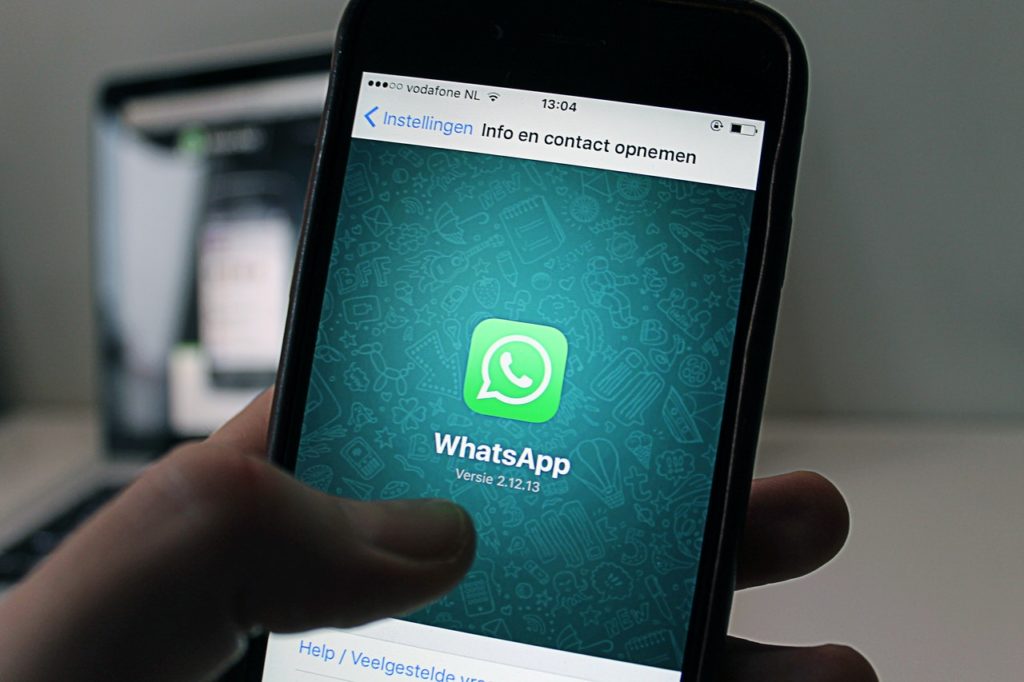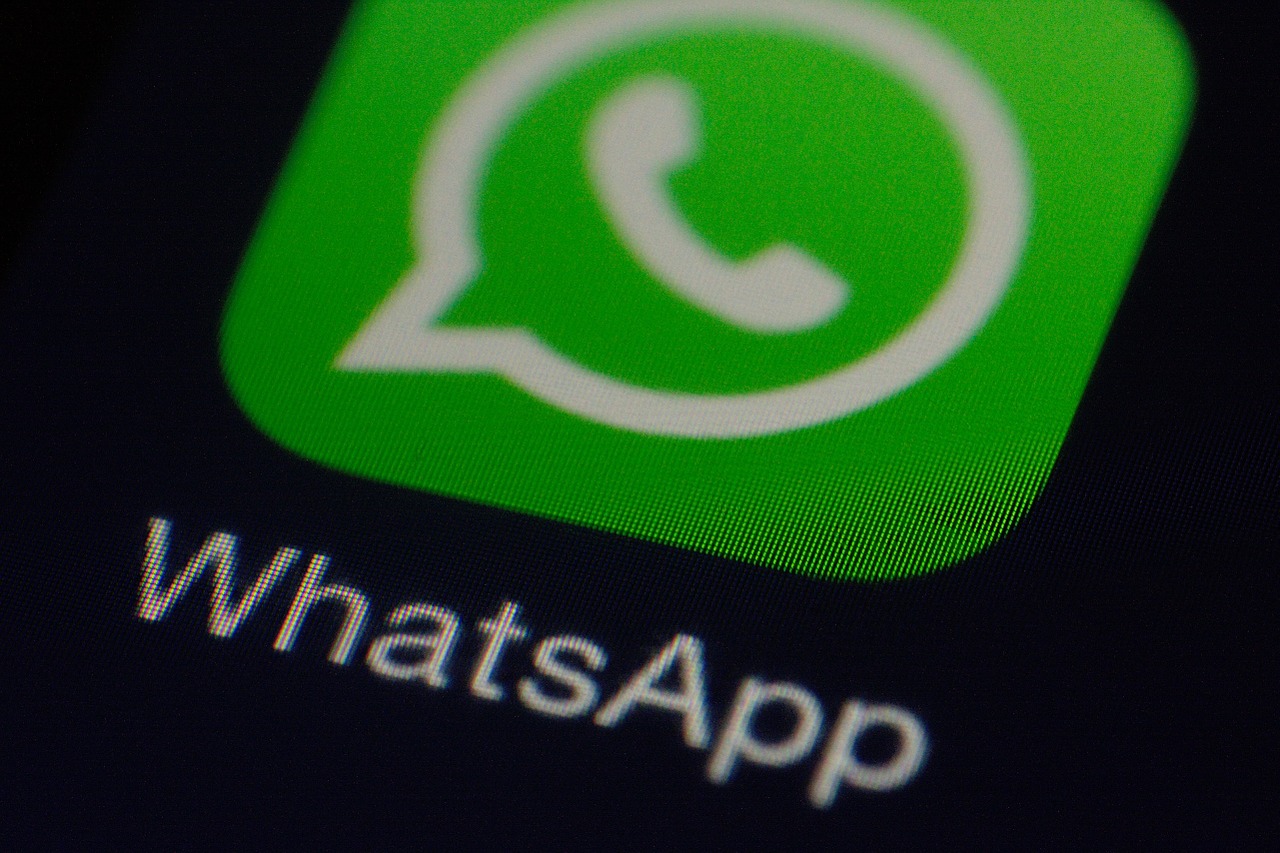In 2014, Facebook bought WhatsApp For $19 Billion. From that date, the popular instant messaging app became part of the Facebook companies, a group that had already been joined by Instagram in 2012. Now, in the midst of 2021, Facebook wants to make the most of its investment with new updates to WhatsApp’s terms of use.
This year, WhatsApp announced some changes that users and privacy advocates have not taken very well. The application started to notify its users about the new privacy policy, which mainly implies authorization to share data with Facebook.
WhatsApp has been sharing data with Facebook for some time, but this was only an option for users, so they could decide whether to do so or not.
However, the new terms of use no longer provide this freedom of choice since from February 8th, it will be mandatory. It means that if you want to keep on using the application, you must accept the new policies.
WhatsApp updates terms and conditions: what this is all about
The changes to WhatsApp’s policy refer to the gathering and treatment of the data. The service reported three main changes: how it treats data, how businesses can use Facebook’s hosted services, and how it partners with Facebook to offer integrations.
But what does this mean? To help you better understand the new changes, here are some questions and answers that will make the picture clearer.
Will WhatsApp, Facebook, and their companies read my conversations?
This topic is one of the biggest concerns of users, but you should know that there is no risk. These services will not be able to read your conversations in any way, as they offer end-to-end encryption.
This encryption guarantees that only those who communicate (sender and receiver) can read the messages. Therefore, it is not true that the service can spy on third party conversations.
What data does WhatsApp collect?
The service collects user information such as phone number (required to create the account) and other data such as brand, model, and phone provider to operate, improve, understand, support, customize, and promote its services. It also collects profile information such as name, device location, and payment data from WhatsApp.
WhatsApp also reported that they share any data covered by their privacy policy, such as user activity (when the user is active and for how long), contacts, status updates, and unique identification data for individuals’ devices.

What if I don’t accept the new policy?
If you don’t agree with the new changes to WhatsApp’s privacy policy, you can reject them, but it means you will resign to use the service. In other words, if you want to continue using the application, you will have to accept the updated terms of use.
The service refers you to their help center, where they claim that users who don’t agree with the terms have to unsubscribe. For some privacy advocates, this condition has been arbitrary, and they describe it as an extortionist action that deliberately says: accept that we steal your data or leave.
Do these changes affect all users?
There are exceptions, specifically in the European Union. European users will not be affected by this update due to the General Data Protection Regulation. GDPR is a regulation that governs the protection of user data living in the European region.
Facebook emphasized that there will be no changes in this region. Although the update message affects all users, the company assured that it does not use this information to improve products or advertisements in Europe.
Other apps for instant messaging
If you don’t agree with the new way WhatsApp will treat your data, you can use other instant messaging options to fulfill your communication needs. Two of the most popular applications are Signal and Telegram, and both have significantly increased their downloads after the controversy of the WhatsApp update.
According to Sensor Tower data, Signal, for example, got almost 8 million downloads worldwide (between January 6 and 10). And according to Apptopia data, in the same period, Telegram has achieved 5.6 million downloads. This service also announced that its active users exceed 500 million. Both Signal and Telegram collect fewer data, so they have become a useful alternative for many users.
After the controversy surrounding the update of the terms of use, WhatsApp has tried to manage damage control by making certain clarifications and announcements on Twitter. Its goal may be to retain those dissatisfied users who are looking for other messaging options to leave the service.

